17 Skills Every SEO Expert Should Have in 2024
Editor’s Note: This post was originally published in March of 2012. It was updated in January 2024 for accuracy and comprehensiveness.
Whether you hire someone to run your SEO campaigns or assume the responsibility yourself, certain skills make long-term search engine success more likely.
While the typical SEO skill set is pretty diverse, there are core competencies that all organic search experts should possess.
So whether you’re evaluating the suitability of a particular SEO service provider or just looking to brush up on your own abilities, keep in mind the following 17 skills.
1. An Understanding of Search Engine Algorithms and Ranking Factors
SEO experts make a living by getting websites to rank better in search engines. For this reason, any expert worth your time should understand the intricacies of how search engines like Google and Bing rank websites.
This means having a solid grasp of known ranking factors. These are criteria search engine algorithms use to determine where to rank sites in the search results and include factors such as site speed, keyword relevance, backlink quality, and user experience.
But merely knowing how these factors interact to influence SEO performance isn’t enough. Since search engines regularly refine their ranking algorithms to improve the accuracy and relevancy of results, a top-tier SEO expert will be quick to adapt their strategies to the latest SEO best practices.
2. Critical Thinking
No two SEO strategies are completely identical. Each website comes with unique challenges and opportunities. For this reason, SEO experts need the ability to think creatively and critically to achieve the best outcomes for each new project.
A seasoned SEO professional will quickly grasp the specific issues facing a given website. This assessment could involve a comprehensive review of website analytics to understand user behavior and site performance, research into competitors’ strategies to identify what’s working well for them, or a detailed backlink audit to evaluate the quality and impact of external links.
However, critical thinking extends beyond accurately diagnosing problems on a website. It’s also about identifying the best approaches to address them. An SEO expert should have a knack for proposing and implementing innovative solutions, anticipating potential problems, and adapting their strategies as needed.
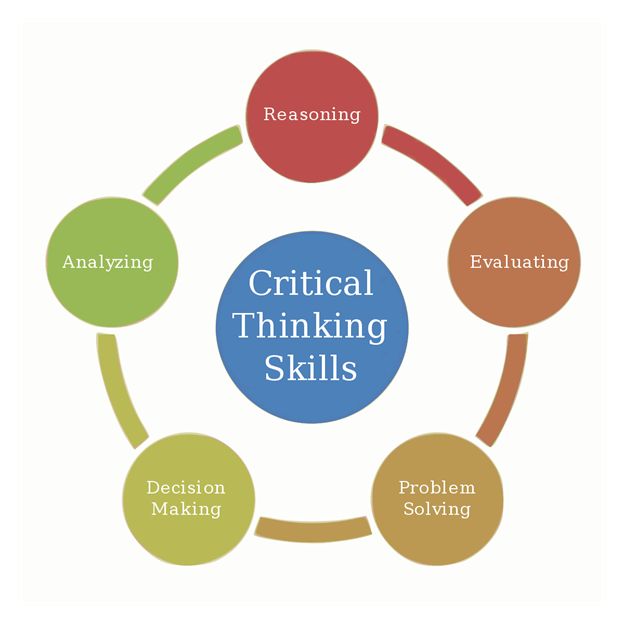
3. Prioritization
Knowing which tasks and strategies to prioritize is vital to running a successful SEO program. Since not all tasks yield equal returns, understanding which ones to prioritize can significantly enhance campaign effectiveness.
As a rule, low-difficulty, high-impact tasks should be prioritized in the short term. These could include “low-hanging fruit” like optimizing title tags, improving site speed, or creating a Google Business Profile for local SEO.

High-impact tasks that require more extensive resources will typically need a longer-term focus. For example, generating backlinks is one of the most time-consuming and difficult aspects of the SEO process, but it’s absolutely essential for improving your rankings.
High-quality backlinks are links from other reputable websites within your field or industry. Search engines interpret these backlinks as an endorsement of your site. These endorsements count more towards your ability to rank when they come from authoritative websites.
As with all things SEO, what counts as a priority is always subject to change. An effective SEO strategist will remain responsive to evolving project requirements, new data, industry trends, and search algorithm updates.
4. Project Management
SEO isn’t just about building links, increasing a website’s loading speed, or finding the right keyword phrase. It’s also about effectively planning, executing, and managing projects so you can achieve your objectives within the stipulated time frame.
Even if you work on your own, you need a well-oiled system for planning your tasks and measuring progress. Here’s where project management comes into play.
Project management is the discipline of managing and coordinating all your resources (i.e., SEO knowledge, capital, people, information, etc.) to achieve your goals as efficiently as possible.

SEO professionals need solid project management skills to deliver the best results for their clients. These skills include:
- Task management: Assigning and tracking priority tasks throughout the SEO project lifecycle
- Communication: Streamlining team and client communication to ensure everyone is on the same page regarding strategies, expectations, and any changes to the project scope.
- Team management: How to assign responsibilities and coordinate work efficiently (eAssigning responsibilities based on each team member’s strengths and expertise and providing ongoing guidance and support.
- Time management: Successfully balancing various project components, meeting deadlines, and avoiding spending too much time on low-impact tasks.
- Risk management: Identifying risks involved in your SEO projects (like algorithm changes, shifting market trends, or technical website issues) and preparing contingency plans.
- Technology: Implementing the right project management software to manage all your workstreams efficiently.
5. Research Minded
Research is a core component of any successful SEO program.
Not only do SEO experts need to keep track of algorithm updates, shifts in user behavior, and emerging technologies, but they also need to conduct specific research tailored to the unique demands of each individual campaign.
Project-specific research includes closely examining competitor strategies, thoroughly exploring website analytics, and precise keyword analysis.
When it comes to keyword research, the goal should be to identify terms that are both relevant to your business and audience and have a high search demand.
Remember, if your SEO director recommends that you target keywords that have little to do with your product or service, chances are they’re engaging in some black hat SEO tactics. We promise this will backfire in the long run, either by attracting the wrong audience or causing you to receive search engine penalties.

All SEO professionals should be well-versed in keyword research tools like Google’s Keyword Planner.
And while it’s always instructive to research what keywords your competitors are targeting, be careful not to replicate their approach completely. What works for one business might not work for another, even within the same industry. You should always adopt a tailored approach that accounts for the specific nuances and goals of your business.
6. Analysis
SEO experts should have strong analytical skills to build and evaluate the effectiveness of SEO campaigns.
Familiarity with tools like Google Analytics and Google Search Console is essential for tracking website traffic, identifying areas for improvement, and measuring the overall effectiveness of specific SEO strategies. Experts should know how to decipher various metrics, like organic traffic, keyword rankings, click-through rates (CTRs), bounce rates, and page load times.
Remember, the true skill isn’t just the ability to read data. It’s the ability to interpret cause-and-effect relationships within the data so you can evaluate the impact of the strategies you’re implementing. Every SEO professional should be ready to pivot their strategy in response to what the data says.
7. Data Management
Effective data analysis is impossible without equally effective data management. While most analytics tools do a good job of condensing and presenting data in a digestible format, SEO experts will often need to combine and customize their datasets from various sources to uncover deeper insights.
All good SEO pros should be comfortable using spreadsheet software like Microsoft Excel. They should know how to use different formulas and functions to manipulate and analyze data and be adept at visualizing that data with charts and graphs. Visualization is especially important for communicating complex data for clients and internal decision-makers.
8. Decision Making
The ability to make quick, informed decisions is crucial to keep SEO campaigns moving in the right direction.
Since resources are always limited and there’s no failsafe method for SEO success, experts must rely on their own independent judgment, balancing data-driven insights with practical experience.
Experimentation and testing are an inherent part of the SEO process. It’s not always clear whether option A or option B is the right choice. Often, the best approach in these situations is to test the most promising option and adapt your strategy in light of the results. The quicker you test, the quicker you can learn and course-correct if needed.
For bigger decisions, it may well be necessary for SEO experts to consult with other team members and stakeholders. But for the majority of smaller-scale decisions, speed and testing will tend to yield faster progress than deferring the decision to a committee.
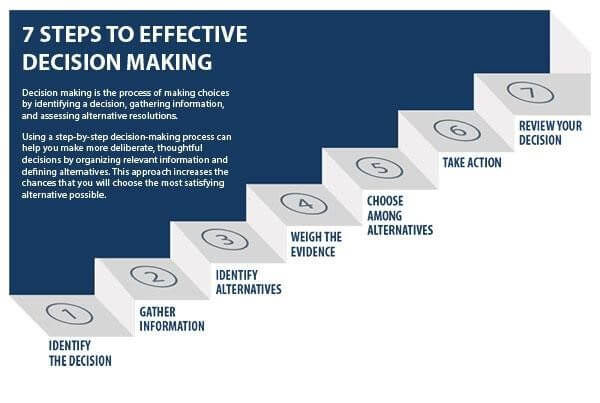
9. Flexibility
As we’ve already touched on above, SEO experts should always be prepared to adapt their strategies in light of new data, opportunities, and trends.
Crucially, when a strategy that seemed promising fails to deliver expected results, you need the capacity to quickly adjust course.
Remember, there is no one-size-fits-all approach to SEO. Experts must be willing to experiment with different tactics, continually refine their methods based on performance data, and proactively think of new ways of doing things.
Finally, when implementing new approaches, it’s important not to jeopardize existing progress. This means maintaining a careful balance between proven strategies and more forward-thinking tactics.
10. Content Writing
Strong writing skills are a must for anyone managing an SEO campaign. Improving search engine rankings requires the development of relevant and valuable content. But good SEO writing is a subtle art.
For example, it’s essential to seamlessly incorporate keywords into your content. Nothing ruins the reading experience more than a blog saturated with unnaturally-placed keywords. And needless to say, spammy content won’t win you any favors with search engines.
The trick is to strike a balance between crafting content that genuinely engages readers while being optimized for search engines. If you’re doing it right, there should be no conflict between the two requirements.
A skilled SEO writer and content strategist will have a keen understanding of the type of topics that resonate with their target audience. They will know how to optimize the piece for target keywords while simultaneously providing readers with the informative, well-researched, error-free content they expect.
Finally, an SEO writer will know how to format content to enhance readability. This includes structuring content with clear subheadings, using lists where appropriate, and keeping paragraphs relatively short.
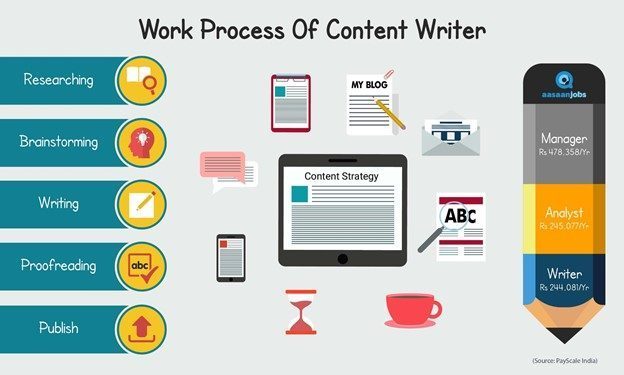
11. AI Prompting
Much has been said about how the recent rise of generative AI tools will affect the role of SEO professionals. The truth is that SEOs shouldn’t be concerned. Instead, they should seek ways to use AI tools to boost their productivity.
One of the most powerful skills to master in this domain is AI prompting. This skill involves crafting and entering precise prompts into a tool like ChatGPT to generate useful insights or even automate certain SEO tasks.
For example, an SEO expert could use the help of ChatGPT to brainstorm new content ideas, suggest relevant keywords, or even analyze customer data to create detailed customer avatars.
Likewise, an SEO writer could use AI prompts to identify potential gaps in their content outlines, research specific topics, or highlight spelling and grammatical errors in their article drafts.
12. Web Coding
While SEO experts don’t have to be web designers, it’s important they understand the fundamentals of website design and meta tags.
This knowledge will let them effectively collaborate with web designers, ensuring that SEO considerations are integrated into the web design from the get-go.
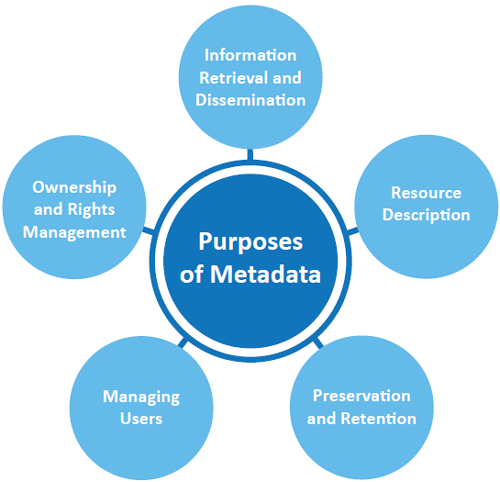
SEO specialists should be familiar with the basics of HTML, CSS, and JavaScript to help identify and resolve common SEO issues related to site structure, navigation, and content presentation. Implementing schema markup (structured data), optimizing header tags, and managing redirects should be well within the wheelhouse of most SEO pros.
13. People Skills
People skills are essential for SEO professionals when it comes to client communication and relationship management.
SEO is a complex and often misunderstood field. This can sometimes lead to client frustrations and unrealistic expectations. SEO experts should be adept at explaining the intricacies of SEO in an accessible manner, clearly articulating the SEO process, setting realistic timelines, and explaining the nature of SEO outcomes.
For example, most SEO campaigns take at least six months to yield any tangible benefits. This needs to be communicated upfront to prevent clients from becoming dissatisfied within the early stages of a campaign.
People skills also involve the more general ability to empathize with client concerns and offer reassurance when needed. An SEO expert should provide regular updates and evidence of progress to ensure clients remain confident in the strategy.
Finally, people skills are fundamental to effective internal team management. SEO projects often involve collaborating with multiple stakeholders, and the ability to navigate different personalities, interests, and expertise is key to cultivating a harmonious and productive work environment.
14. Humility
We’ve already mentioned how SEO requires a willingness to adjust strategies that aren’t delivering results and an openness to learning new ideas. The digital landscape is constantly changing, and what worked yesterday may not work today.
A humble SEO expert acknowledges this reality and always seeks ways to upgrade their knowledge and skills. Put simply, they leave their ego at the door.
Humility also means valuing the opinions and contributions of other team members with different skill sets, as well as those of their clients. Almost every successful SEO program is a byproduct of a collaborative effort.
15. Ability to use popular SEO tools
Navigating the complexities of SEO requires more than just interpersonal skills and theoretical knowledge. Experts should also be proficient in using SEO tools to manage the various elements of organic campaigns, including keywords, broken links, duplicate pages, and backlinks.
There are countless SEO tools out there, each serving different purposes. But broadly speaking, they fall into one of the following categories:
- Research: Tools that help you analyze competitors, keywords, backlinks, and more to find opportunity gaps and develop a solid SEO strategy (e.g. keyword planners). They should also understand how to use keyword data to inform content strategy and to identify opportunities for new content.
- Optimization: Technology that helps you understand how you’re doing and tells you how to improve based on specific benchmarks (e.g. content optimization platforms and speed analytics tools).
- Monitoring: Platforms that monitor your SEO performance (e.g. rank tracking technology).
- All-in-one: Tools that combine the three functionalities into a single place.
By learning how to use these SEO platforms, experts can deliver better results to their clients, streamline their workflows, and ultimately minimize the challenges of managing successful SEO campaigns.
16. Content Marketing
Content marketing is one of the central pillars of SEO. But writing content is only one part of the puzzle. SEO experts also need to understand how content fits into their broader SEO strategy.
This means identifying topics that the target audience is actively searching for and developing high-quality content in a suitable format to satisfy their search intent. For example, if most top-ranking results for your target keyword are 3,000-word-long in-depth guides, publishing a short blog post probably won’t earn you a place high on the results page. Remember, high-quality content that addresses users’ search intent is more likely to attract backlinks from other sites, thereby boosting your ranking potential.
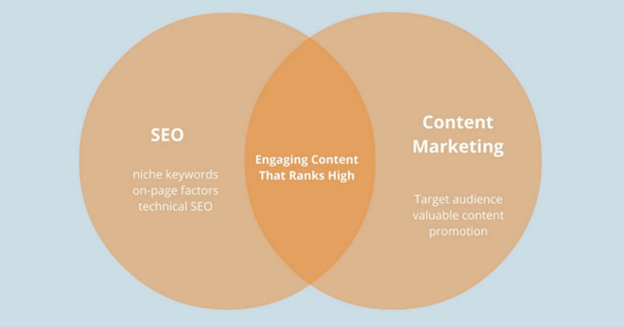
17. Ability to Articulate the Value of SEO
We’ve already covered the importance of being able to explain how SEO works to clients and other stakeholders. A related skill is the ability to articulate SEO’s value to a business.
Companies are constantly reviewing how they spend their marketing dollars. So an SEO expert should be comfortable demonstrating how an SEO investment can promote long-term, sustainable business growth.
For example, they should be able to explain how a well-executed SEO strategy boosts organic visibility, leading to increased traffic and more potential for conversions. They should also be able to illustrate how SEO helps build brand trust and credibility, which contribute to customer loyalty and retention.
Know What to Look For
If you want to hire an SEO expert to improve your search engine standings, it helps to know what you should be looking for.
An ideal candidate will be a humble, critical thinker who knows how to prioritize tasks and stays up-to-date with the latest SEO trends. They should possess strong analytical skills, be comfortable using new technologies, and quickly adapt their strategies to shifting circumstances. Writing and coding skills are also essential, as is the ability to convey the value and mechanics of SEO in a way that makes sense to non-experts.
Granted, it can be difficult to find one person that embodies all these traits. So it often makes more sense to hire the services of an SEO agency, which puts a full team of seasoned search professionals at your disposal with one common goal—getting your site to the top of Google’s results.
SEO can and does work. So don’t be discouraged by a previous bad experience or a lack of quick progress. Once you invest in the support of a true SEO expert or team of experts, expanding your organic visibility is just a matter of time.
